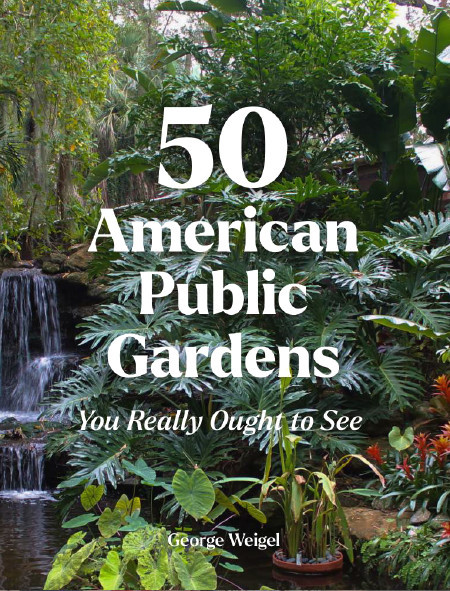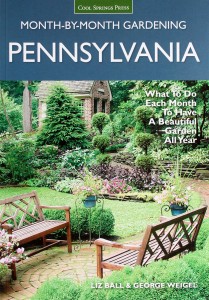The Great Fall Leaf (Leaf Fall?) Debate
October 10th, 2017
Falling leaves drive some people crazy.
Some grouse about all of the raking work they create every year around this time, while a few cut down or purposely don’t plant trees because they hate that job so much.
Me? I don’t mind. First, I can use the calorie-burning exercise. Second, I don’t consider leaf-dropping to be nature’s trash. I look at fallen leaves as nothing short of a gardening gift from God.
I’ve never been able to figure out why so many people spend so much time in fall trying to get every last leaf out of their yard, only to turn around in spring and pay for products such as fertilizer, mulch and soil amendments.
Leaves give us all three of those. And they’re free.
In the short term, leaves make a wonderful natural blanket to insulate our gardens over winter (i.e. free mulch).
Assuming you compost (one of the best things you can do as a gardener), leaves are an ideal ingredient in the compost pile when mixed with year-end grass clips and frost-killed plants (i.e. free soil).
Instead of letting leaves leach unwanted nutrition in streams by raking them to the curb, that nutrition is much better redirected onto our lawns and gardens (i.e. free fertilizer).
And worked into the soil, leaves are one of the best materials to break up our lousy clay and shale (i.e. free soil amendment).
Rather than rake or blow my leaves away, I gather them or use them in place. Most years, I’ll even go out to my curb to retrieve leaves that have fallen there.
Leaves that fall and/or blow into my shrub and perennial beds or around trees, I “leave” in place. Come spring, they’ve packed down and already are decaying, making an effective mulch that also feeds the soil.
If you don’t like the look of that, just top it with a light layer of bark mulch for that “clean” look that’s so popular. No need to rake the leaves off first.
In the lawn, I mow over my leaves. Chopped into bits, those leaves work their way into the lawn soil by spring, where they again add organic matter and nutrition to feed the grass. These don’t cause thatch as many people think.
Michigan State University researchers did some comparisons of lawns where leaves were mowed in vs. raked off, and the leaves-on lawns were healthier and better performing.
Between mowing in leaves and letting your grass clips lie, it’s a no-brainer. You’re returning nutrition and organic matter to the lawn instead of draining it with constant “nutrition withdrawals.” That makes a whole lot more sense to me than draining the lawn account and then paying to fertilize four or five or six times a year to compensate.
If you like the lawn neat, just run over the leaves twice to double-chop them.
If you have a ton of trees that all drop at once and there are so many leaves that you can’t even see the lawn, then it’s best to get them off.
Two other instances where you might consider moving leaves – ones that are blowing up in piles against buildings and ones thickly covering evergreen groundcovers, such as pachysandra and vinca.
Personally, I use a people-powered rake in these cases or use my ages-old electric leaf vacuum, which sucks up the leaves and chops them before depositing them in an attached bag. They then go into the compost pile.
I always keep a few bags of gathered leaves to use as mulch in the vegetable garden the following spring. It’s a free alternative to straw – and no hay-seed or weed germination to worry about.
Some of my leaves also get used as insulation around my fig tree. I wrap a tarp around the tree and stuff the insides with leaves, then tie off the top for winter.
Any other excess leaves from the lawn or groundcover go to places where they’re more needed, such as around trees, shrubs and perennials.
In years where I’m digging a new bed or improving an existing one, I’ll dig in some of the leaves to improve drainage. They’ll compost quickly in the soil.
What I don’t do is use a noise-polluting, air-polluting, gas-powered leaf blower. The American Lung Association will tell you those are a huge source of allergens – not only fine particulates but molds, toxins, bird poop, etc. stirred up from the ground.
I’d much rather have organic material go into my soil and not up my nose. My plants seem to like that plan better, too.










